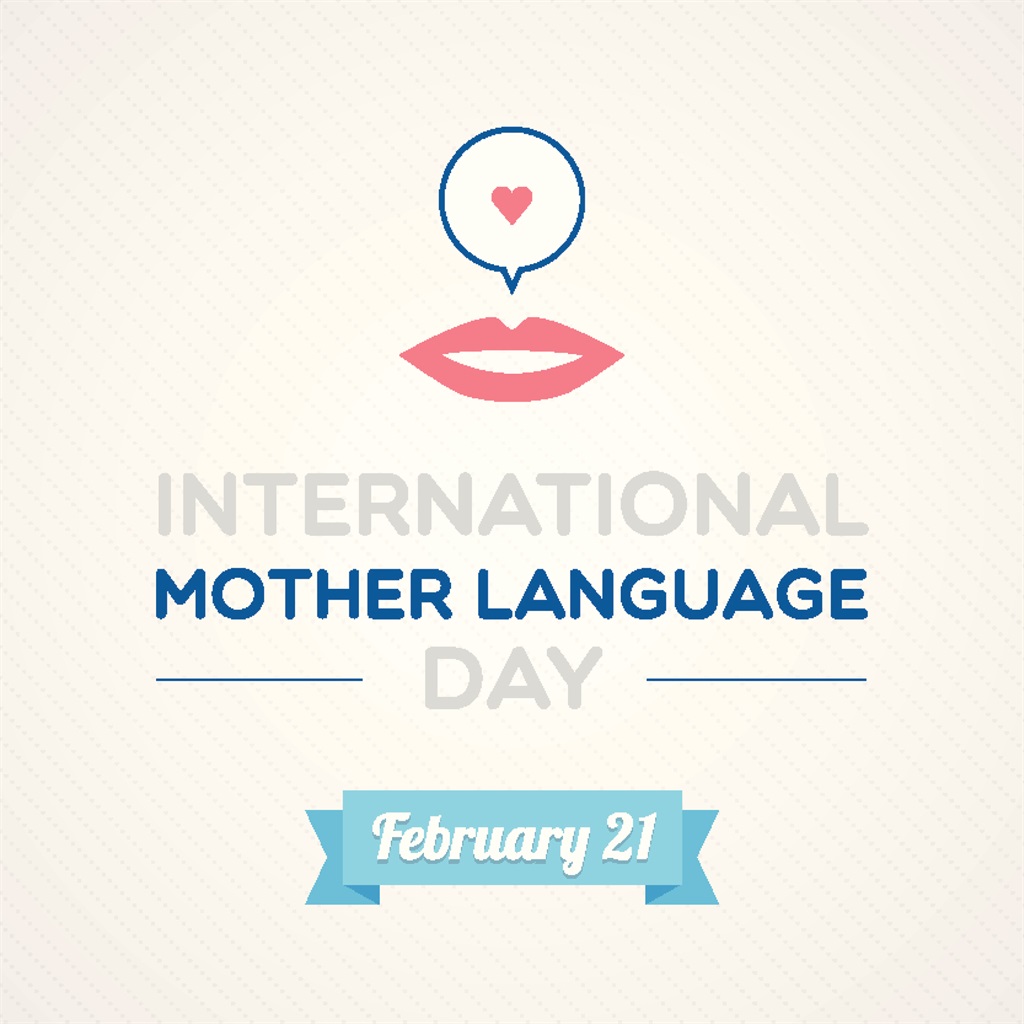South Africa has many indigenous languages that all matter for development, peace-building and reconciliation.
They are indeed instrumental in the country’s daily business.
If peace-building, development and reconciliation are to be achieved in our country, they will have to be done in the languages of the people. If people are expected to take part in what moves South Africa forward, they need to do so in the languages they speak and understand.
I have no doubt that language relates to the phenomenon of development, reconciliation and peace-building. This is so because no society can demonstrate substantial development “if agencies which contribute as factors of development are in narrow sociolinguistic constituencies” as scholar and intellectual Kwesi Kwaa Prah reminds us in a 2016 essay. We need these phenomena (development, peace building and reconciliation) to fulfil our potential as a nation; however, this remains a dream if the overwhelming majority of South Africans remain restricted and disadvantaged based on a constructed and narrow sociolinguistic constituent.
When there was a struggle between Afrikaans and English, because of the latter’s influential hegemony during the years of oppression, former prime minister Daniel (DF) Malan made a relevant and rational argument when he said, “lift the language and you lift the people”. I take his point as relevant to the point I am making in this article, but this does not mean I agree with Malan’s racist positioning. The fact that the major language used in South Africa is that of the minority and not the majority means that “the creative capacity of the society is located in the cultures of small social minority”, as Kwesi Kwaa Prah argues.
One can contend that the lack of the political will to utilise African languages (particularly in Parliament), is itself detrimental to these languages and consequently hinders any form of peace building and development.
As it has been argued by some scholars such as Nokhanyo Nomakhwezi Mayaba, in most higher education institutions in South Africa English is still being utilised as the language of learning and teaching. In her article The case for isiXhosa (2019), Mayaba says because of this “… a student whose African language is marginalised in primary education enters a university system that perpetuates the same process.”
However, there are some institutions that have made some progress since the dawn of democracy. For example, the strides made by some institutions of higher learning such as Rhodes University with regards to the intellectualisation of African languages are commendable.
In a 2014 article in Alternation, Russel Kaschula and Pamela Maseko argue that while the “glossy” policies offer an enabling platform for the promotion of African languages in South Africa, the institutions of higher learning still grapple with the implementation of these policies. The recent development at the University of KwaZulu-Natal, where every student who enters this institution will have to take isiZulu as a subject, serves as another example of how African languages are being intellectualised.
As we celebrate the achievements made by these institutions, we equally need to continue asking difficult questions regarding the slow pace of the other institutions and schools in implementing African languages. In this regard, the language body regulator PanSALB needs to play an active role in foregrounding the utilisation of African languages for peace building, development, reconciliation and social cohesion. It needs to work tirelessly in ensuring that the languages of the majority are utilised. As it stands, one can argue that there has been a slow pace in terms of monitoring and promoting African languages from PanSALB.
It needs to be clear that we are in Africa and the majority of the people in this country do not understand English which is the language of the minority. If this is the case, how is the rest of the country and the people expected to partake in development, peace-making and social cohesion? Will this really become possible if the indigenous languages are neglected? Are we aware that neglecting the indigenous languages means neglecting the people who speak those language? Effectively, these are the people who can help take South Africa forward.
As we celebrate the achievements made by various institutions, we need to keep in mind that many South Africans are still excluded because of language. The theme of International Mother Language Day reminds us that indigenous languages are to form part of the conversations about development, peace-building and reconciliation. We shouldn’t get tired of these conversations as long as there are some people who are excluded from decisions that affect their lives.
* Simthembile Xeketwana is a lecturer in the department of curriculum studies at Stellenbosch University.




 Publications
Publications
 Partners
Partners










